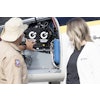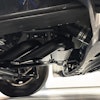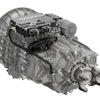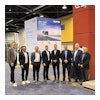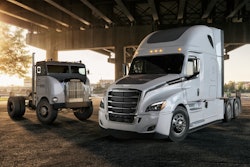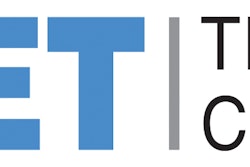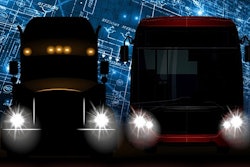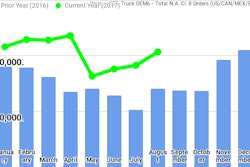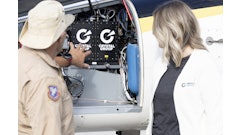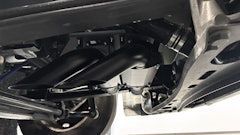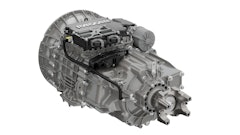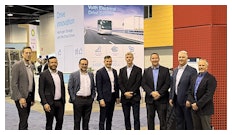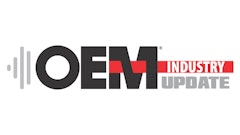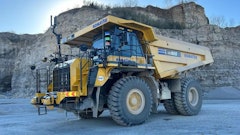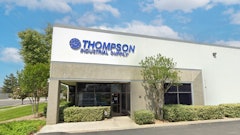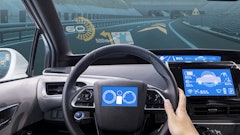Navistar International Corporation's Chairman, President and CEO, Troy Clarke, took center stage on behalf of the trucking industry at the Senate Commerce, Science and Transportation Committee.
The hearing, "Transportation Innovation: Automated Trucks and our Nation's Highways," focused on the future highway safety benefits of applying automated technology to trucks, buses, and other heavy-duty vehicles, in addition to the effect they will have on the economy and jobs.
"I applaud the committee for holding this hearing so that we can begin the dialogue on this important issue," said Clarke. "Our industry moves our nation's freight, across multiple state lines on a daily basis, and having a predictable legislative and regulatory environment for vehicle manufacturers to design, test and validate autonomous technology will help ensure that the technology is safe when it is deployed for larger market consumption."
During the testimony, Clarke urged the Senate to include commercial vehicles in legislation directing the National Highway Traffic Safety Administration (NHTSA) to establish federal regulatory standards for autonomous vehicles.
"Autonomous technology is an extension of the safety technology already in place today, and we believe greater levels of self-driving technology will help reduce human error, which today accounts for 94% of all motor vehicle accidents," Clarke said. "This technology can help support the driver to create a better driving experience and make our roads safer."
Clarke also discussed the importance of the driver's role in the future, stating that drivers will be more highly skilled and trained to manage multiple vehicle assets for optimized safety and efficiency.
"As we develop technologies that could lead to completely autonomous vehicles, we will make many of them available to provide today's drivers with greater ease of use, comfort, safety, productivity and efficiency -- factors that, we believe, will attract more people to this important and noble profession," Clarke said.
"The commercial vehicle industry has proven that regulations and technology have worked together to advance the interests of all stakeholders," Clarke added. "As federal regulations are being drafted and implemented, we want to ensure that passenger and commercial vehicles are following similar safety and design standards for optimal compatibility."
